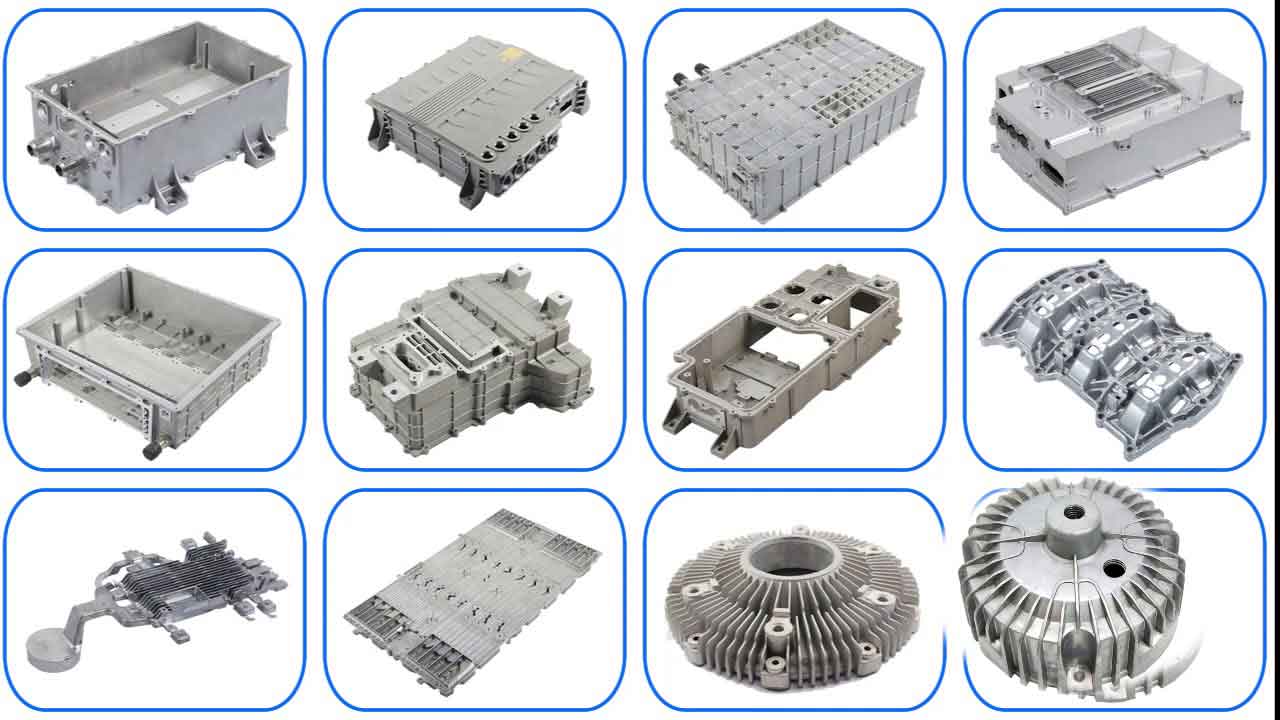Casting manufacturers play a crucial role in the electric vehicle (EV) automotive industry. As the industry shifts towards more sustainable and efficient modes of transportation, the demand for advanced and specialized components has increased, and casting manufacturer is at the forefront of this transformation. Here’s an overview of their contributions:

- Lightweight Components: One of the primary objectives in electric vehicle (EV) automotive industry is reducing the overall weight of the vehicles to improve battery efficiency and range. Casting manufacturer develop lightweight materials, such as aluminum and magnesium alloys, that are essential for parts like motor housings, battery frames, and chassis components.
- High Precision and Quality: EV components require high precision due to the stringent standards for safety, performance, and longevity. Casting processes like die casting, investment casting, and sand casting are utilized to produce high-quality parts that meet these exact specifications.
- Innovation and Design Flexibility: Casting allows for considerable flexibility in designing parts. This is particularly advantageous in electric vehicle (EV) automotive industry, where innovation and integration of complex, multi-functional parts are essential. Casting manufacturer work closely with automotive designers to create components that can be integrated seamlessly into EV designs.
- Scalability and Cost-Effectiveness: As EV production volumes increase, casting manufacturer enable the automotive industry to scale up production without a significant increase in costs. Through advanced casting techniques and automation, these manufacturers can produce large volumes of parts efficiently and economically.
- Sustainability Efforts: The shift towards EVs is partly driven by the goal of reducing carbon emissions. Casting manufacturer contribute by improving their processes to minimize waste and by recycling materials. They also develop new alloys that can enhance the recyclability of EV components.
- Thermal Management: EVs require effective thermal management systems to maintain optimal battery and motor performance. Cast parts are crucial in constructing components that aid in heat dissipation, which is vital for the longevity and efficiency of EVs.
- Integration of New Technologies: The adoption of new technologies like 3D printing in casting processes allows for more complex geometries and the potential for lighter and stronger materials. This technology integration helps casting manufacturer stay ahead in meeting the evolving demands of the EV market.
In conclusion, casting manufacturer is integral to the advancement of electric vehicle (EV) automotive industry. They not only ensure the production of high-quality, innovative components but also support the industry’s goals of improved performance, sustainability, and cost-effectiveness. Their role will likely grow as the global shift towards electric vehicles continues to accelerate.
